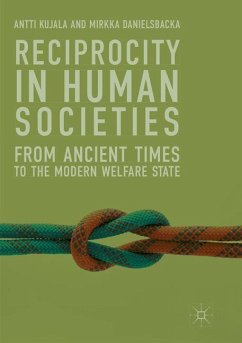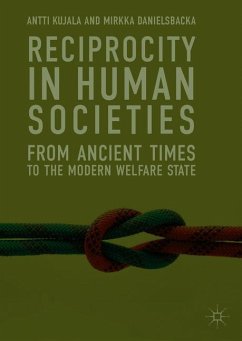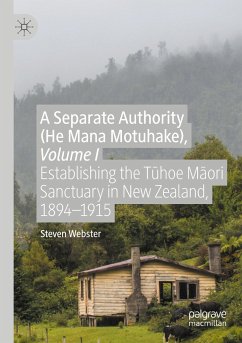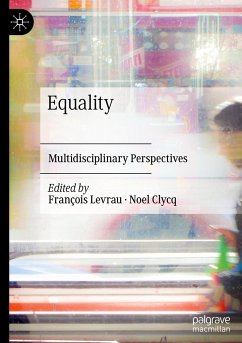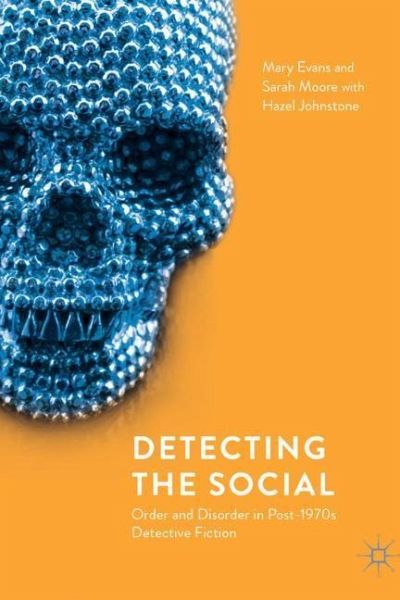
Detecting the Social
Order and Disorder in Post-1970s Detective Fiction

PAYBACK Punkte
9 °P sammeln!
This book analyses the ways in which twenty-first century detective fiction provides an understanding of the increasingly complex and often baffling contemporary world - and what sociology, as a discipline, can learn from it.Conventional sociological accounts of fiction generally comprehend its value in terms of the ways in which it can illustrate, enlarge or help to articulate a particular social theory. Evans, Moore, and Johnstone suggest a different approach, and demonstrate that by taking a group of detective novels, we can unveil so far unidentified, but crucial, theoretical ideas about w...
This book analyses the ways in which twenty-first century detective fiction provides an understanding of the increasingly complex and often baffling contemporary world - and what sociology, as a discipline, can learn from it.
Conventional sociological accounts of fiction generally comprehend its value in terms of the ways in which it can illustrate, enlarge or help to articulate a particular social theory. Evans, Moore, and Johnstone suggest a different approach, and demonstrate that by taking a group of detective novels, we can unveil so far unidentified, but crucial, theoretical ideas about what it means to be an individual in the twenty-first century.
More specifically, the authors argue that detective fiction of the last forty years illuminates the effects of urban isolation and separation, the invisibility of institutional power, financial insecurity, and the failure of public authorities to protect people. In doing so, this body of fiction traces out the fault-lines in our social arrangements, rehearses our collective fears, and captures a mood of restless disquiet. By engaging with detective stories in this way, the book revisits ideas about the promise and purpose of sociology.
Conventional sociological accounts of fiction generally comprehend its value in terms of the ways in which it can illustrate, enlarge or help to articulate a particular social theory. Evans, Moore, and Johnstone suggest a different approach, and demonstrate that by taking a group of detective novels, we can unveil so far unidentified, but crucial, theoretical ideas about what it means to be an individual in the twenty-first century.
More specifically, the authors argue that detective fiction of the last forty years illuminates the effects of urban isolation and separation, the invisibility of institutional power, financial insecurity, and the failure of public authorities to protect people. In doing so, this body of fiction traces out the fault-lines in our social arrangements, rehearses our collective fears, and captures a mood of restless disquiet. By engaging with detective stories in this way, the book revisits ideas about the promise and purpose of sociology.





